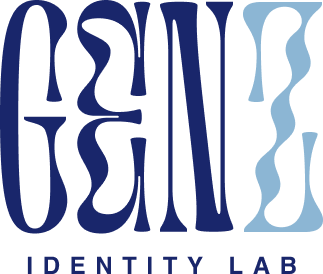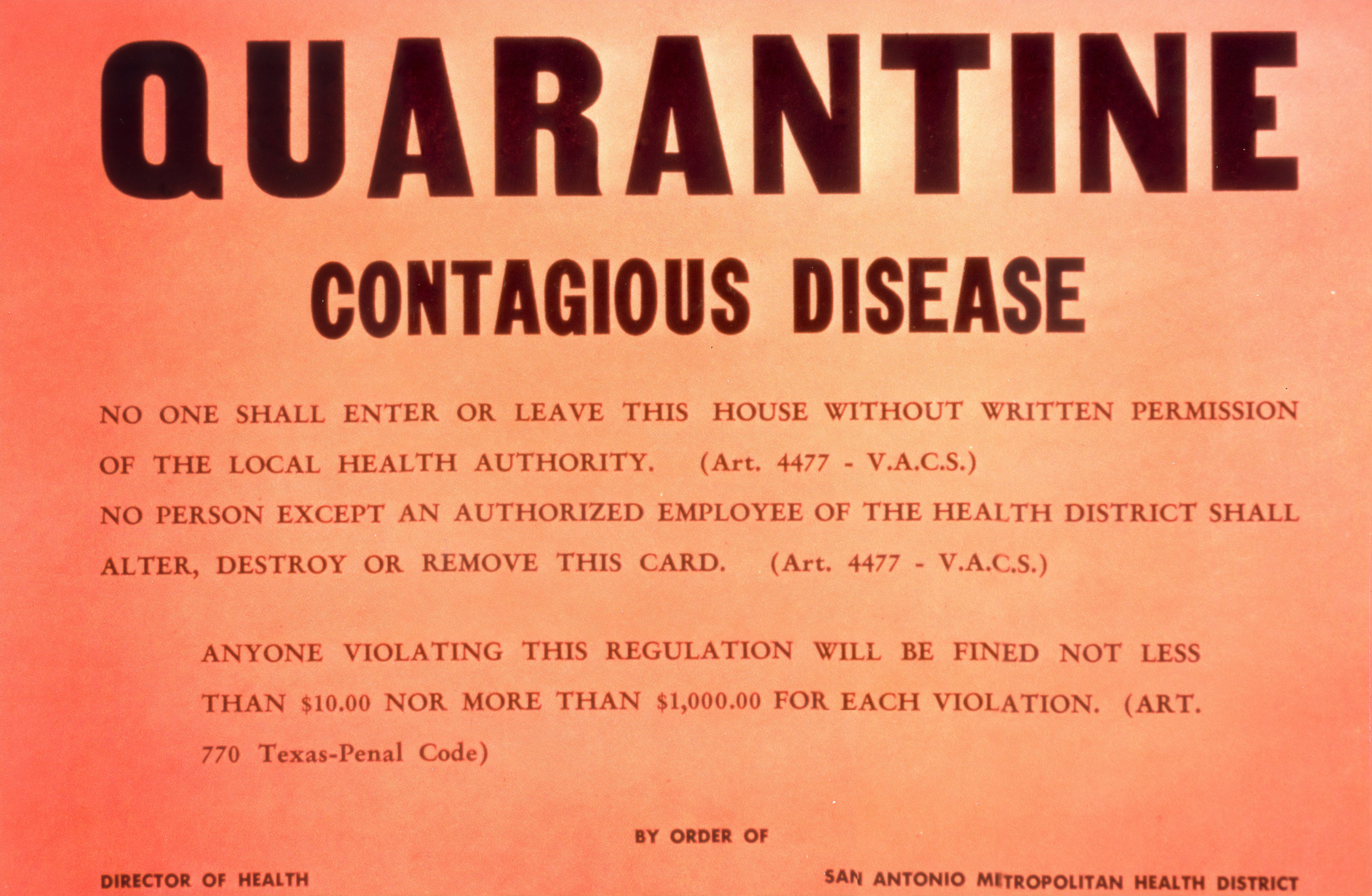“That experimental magic show was incredible. Really changed my life.” “The Duke and Duchess of Sussex have made the life-changing decision to step down as senior members of the royal family.” “It’s literally life-changing that exams have been cancelled.”
We hear the compound word “life-changing” very often, whether it be in the media or in everyday conversation about a particularly exciting occurrence. There is nothing inherently wrong with this word, however its definition – “having an effect that is strong enough to change someone’s life” – poses the question:
Doesn’t everything that happens to someone change that person’s life?
People give the word “life-changing” a lot of importance when in fact everything can be life changing. For instance, being one of the few high schoolers in the United States who will never in my life have to take a chemistry exam has (thrillingly) changed mine and my friends’ lives.
Yet this small change in the life of a high school sophomore is one of many consequences of a far more monumental predicament: the coronavirus and its short term and long term effects on the whole world, and the lives of individuals.
The coronavirus has been and continues to be undoubtedly life-changing. I believe this virus actually merits the word in a way that not everything people say is “life-changing” does, because it has not only changed people’s lives, but it has changed the way we look at life and the world.
COVID-19, known as the Coronavirus, has presented life-or-death situations to thousands of infected and infected-adjacent citizens of the world. The exponential spread of the virus reaps devastating catastrophe all over the globe. But it has also revealed smaller truths about the world today.
The need for self-quarantine and other precautions such as social distancing and the closure of public establishments such as restaurants and movie theaters has exposed weaknesses about society in the 21st century. A tremendous number of workers have been laid off by their employers because of the virus and are not receiving benefits.
The conditions in which healthy, self-quarantined, social distancers are living have shed light on the luxury of recent decades. Being confined to one’s home has forced the everyday self-quarantiner to become more self-sufficient. This reversion to self-sufficiency is particularly notable in one department: food.
A necessity to provide for oneself and one’s family, cut off from luxuries such as local eateries and confronted with supply chain shortages may mark a transition from the mass sustenance consumerism of the 20th and 21st century back to simpler home cooking.
Many self-quarantiners complain of boredom. They lament the absence of activity in their lives, whether it be the lack of a regular work or school day or that of outings to parks, restaurants, and movie theaters – or the outdoors in general. This life-changing stagnance and abundance of “free time” in the everyday routine of the individual may very well encourage more self-reliance in terms of food provisions.
One disturbing fact warranting the word “life-changing” on an unprecedented level is the birth of babies with COVID-19. There is nothing more life-changing than the birth of a new person. The reality that there are infants born infected with this sickness presents a new and unsettling realm of the word life-changing: a life that is “changed” from its beginning.
Babies born in the midst of this global pandemic belong to Generation Alpha, described by Business Insider as “still very young [anyone born after 2010] but on track to be the most transformative age group ever.” We must hope that Gen Alphae, led by older siblings of Gen Z, will grow up to enact the change that will prevent, or at least alleviate the devastation of, epidemics such as the coronavirus.
Meanwhile, Gen Z-ers such as myself are participating in many different online school platforms. We don’t physically go to school every day, we simply log on to programs such as Zoom and Google Meet. The uncertainty surrounding the duration of the coronavirus has made me wonder: Will months of online school lead to a permanent culture-shift in which many students and their parents choose online school over traditional “in person” education?
Right now, online school is clearly the safer option, but perhaps the unprecedented boom in online schooling will pave the way for online classes as the new normal. This trend may prove to be a turning point in education over the years. Students years, decades, or centuries from now may learn about the coronavirus as the moment when online school became, if not the ideal, the norm.
Future generations may say to themselves “How quaint – people had to leave their homes to ‘go to school’ every day!” Students and teachers of the future may consider analog school to be as primitive and old-fashioned as their 2020 counterparts consider a one-room schoolhouse.
I don’t pretend to be able to predict the future. But there is abundant evidence that the coronavirus is life-changing and will change the future. Certain aspects of life will not change dramatically: Babies are still born. Doctors and health care professionals are still working. Gen Z Identity Lab will still bring you informative content – by Gen Z and for Gen Z. No one can predict precisely which aspects of life will or will not change. But everything is life-changing. And every effect that this epidemic brings will change lives.

I’m sixteen years old and live in New York City with my parents, older sister, and dog. I attend The Brearley School where I am Editor-In-Chief of the newspaper, member of the Service Club, member of the School Culture Committee and founder of the FRESH Club. I also participate in The World Leading Schools Association’s Cross Cultural Leadership Program. My interests include food justice, childhood development, social entrepreneurship, the relationship between Gen Z and Gen Alpha, my family, and chocolate.


